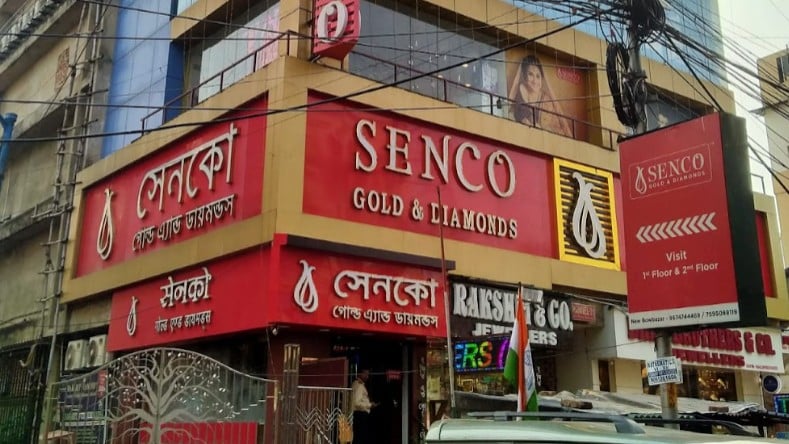Brokerage firm Macquarie has downgraded mortgage lender HDFC Ltd to an anti-consensus underperform rating from outperform with a target price of Rs 550, which offers 17% downside from current price.
Brokerage firm Macquarie has downgraded mortgage lender HDFC Ltd to an anti-consensus underperform rating from outperform with a target price of Rs 550, which offers 17% downside from current price.
Shares in the company traded lower for a third straight day. The stock was down 0.4 per cent at Rs 642.15 in a positive Mumbai market Friday.
Here are the reasons why:
1) Retail housing loan competition heating up: Some of HDFC’s peers have grown at exceptional rates. The premium product pricing that HDFC used to enjoy no longer exists. Competition is intense and likely to increase since banks have limited opportunities in the corporate segment this year. The retail business now generates a poor ROE of around 13-14% compared with 20%-plus five years ago.
2) Housing loan profitability is falling: Over the past eight years, HDFC has increased the share of loans to real estate developers, lease rentals, etc. in the overall loan portfolio from 29% to 37%. Housing loan profitability has been falling structurally and the company has been resorting to higher-risk non-retail categories to drive up ROE. The non-retail book is estimated to generate more than 30% of ROE and contributes more than 65% to HDFC’s profits.
3) Aggressive accounting practices: Over the past two years, HDFC has been adopting aggressive accounting practices by passing provisioning through reserves and also making the adjustments for zero-coupon bonds (ZCBs) through reserves. We believe FY11 and FY12 earnings are overstated by 38% and 24% respectively and reported ROE would have been 600 and 400 basis points lower at 16% and 18% respectively if the adjustments had been made through the profit and loss account.
"Earnings growth has been managed, in our view," Macquarie said.
4) Regulatory overhang: The regulator has increased the provisioning requirements, has banned pre-payment charges, and asked for re-alignment of rates for old and new customers, all of which could have an impact, especially in a predatory pricing environment. Capital requirements are likely to be increased, similar to the banking and NBFC sector, and this is one big event risk (with a high probability of happening) that the market is not factoring in, in our view.
5) Structural de-rating: Macquarie said the its valuing the core business at 2.0-times price by book value compared to 4.0-times previously. The reduction in multiple is on account of lower retail business return on equity (ROE) driven by lower spreads in the retail business and higher capital requirements; and a sharp reduction in corporate business ROE driven by factoring in credit losses and higher capital requirements.
"Though near-term catalysts are absent, the de-rating call is more a longer-term view as the stock appears fundamentally overvalued," Macquarie said.
HDFC's chief executive, Keki Mistry, said the company had complied with Indian accounting standards and rejected the report.
"We think that it is completely misplaced language," Mistry told Reuters by phone from London.
In a statement, HDFC said that on several occasions it had clarified its position on its accounting for investors as it related to the use of funds raised from zero-coupon bonds for investment in its subsidiaries.

 Sign Up with Google
Sign Up with Google




 RECOMMENDED FOR YOU
RECOMMENDED FOR YOU





